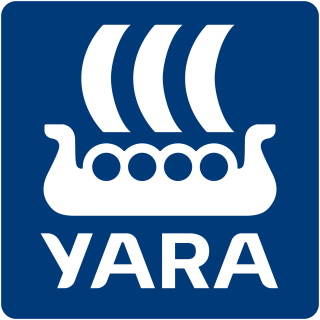Electrical engineers
As the disciplines E & I (and sometimes A) are often merged into one department, the E & I work for engineers is often also merged into one function, that of E & I Engineer.
The duties of an Electrical Engineer can include:
- Drawing up the basic design of the electrical installation, including electrical load balance study, harmonic study, electrical block diagram, short circuit and cable calculations;
- Creating, in cooperation with partners, the detailed design, which includes wiring diagrams, cable run schedules, lighting plans and earthling layouts;
- The specification and selection of electrical systems and components, such as motors, lighting, process and electrical heating of pipes (heat tracing), junction boxes and switchboards;
- The specification and selection of electrical control and monitoring systems, including MCCs (Motor Control Centre), UPS, Thyristor controls for electric heating elements, VSD controllers;
- Collaborating with suppliers and partners to agree on electrical interfaces;
- Being responsible for monitoring the planning and execution of the electrical section of the project;
- Acting as customer contact point for technical questions and participating in meetings, including HAZOP, SIL assessment;
- Providing technical support to the project team in the purchase of electrical components and procurement of electrical panels and systems;
- Providing support for assembly and commissioning of the system on location.























